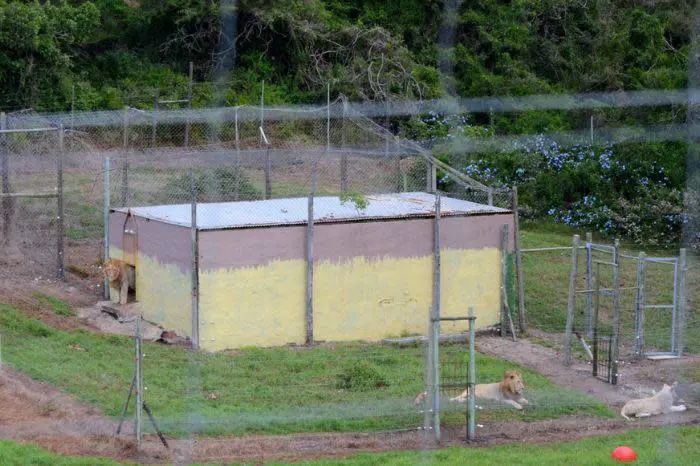Biting the hand: Captive carnivores are snacking on humans, and killing tourism
Nica Richards
5 July 2023 | 10:00A number of attacks involving captive cheetahs, lions, and tigers, some of which were fatal, have been revealed in a new report - and the results are a wake-up call.
JOHANNESBURG – A new research paper delving into the deaths of people interacting with captive-bred carnivores in South Africa has provided the public and conservation community with irrefutable evidence that petting a lion or cheetah is always a bad idea.
And it may well be the push government needs to make owning a facility designed to breed big cats in captivity illegal.
These are the hopes of the paper’s co-author, Blood Lions campaign manager Dr Louise de Waal.
She and Tshwane University of Technology nature conservation lecturer Kelly Marnewick compiled scant data on captive-bred predator attacks on tourists in their Biting the Hand that Feeds You: Attacks by captive carnivores cause deaths and injuries in South Africa report, published in the African Journal of Wildlife Research; and found some disturbing figures.
READ:
De Waal and Marnewick recorded 52 incidents of captive cheetahs, lions, and tigers attacking 58 people between 1996 and 2020. Among this figure are the deaths of two children, 15 adults, and six facility staff members. Lions were responsible for 68% of the attacks, and 94% of fatalities.
They concede that the number of attacks is likely being under-reported, especially among staff, who are at significantly more risk, owing to more regular interactions.
With captive-bred carnivore populations currently sitting at roughly 7,979 lions and 600 cheetahs, as well as tigers, incidents such as these are likely to increase.

Captive-bred lions often reside in buildings such as this, and sometimes interact with unsuspecting tourists, many of whom are duped into thinking their efforts are contributing to conservation efforts. Pictures: Ian Michler/Conservation Action Trust
De Waal told Eyewitness News this could be exacerbated by many visitors and volunteers not being made adequately aware of the dangers of petting an adult cheetah, or walking with a pride of lions, for example.
"Staff freely interacting with lions, cheetahs and even hyenas gives visitors a false sense of security."
This was evident in 2021 when a volunteer from Belgium, Amandine Lequime, was attacked by a cheetah at an unnamed captive wildlife facility.
While filming her colleague about to feed the cats, a cheetah jumped on Lequime's back and lunged for her throat. She ended up in hospital with deep bite marks and cuts, some of which caused muscle damage.
At the time, she said the facility "pleaded" with her to keep the incident quiet.
"I don’t want other volunteers to go through similar frightening experiences. People need to understand that to be close to wild animals is appealing, but not safe,” Lequime said.
Currently, there is no legislation regulating how staff and tourists should interact with captive predators, as there are no norms and standards or industry best practice, De Waal and Marnewick's paper reads.
But to conduct walking safaris with tourists in Big 5 wildlife areas, however, staff must obtain a Professional Trails Guide Certificate, log 600 hours of experience, 300 Big 5 dangerous game encounters, and possess advanced rifle handling skills and first aid qualifications.
Staff are often unarmed while working in the field, and tourists simply sign an indemnity waiver. This, coupled with visible signage to warn them of the potential dangers likely protects facilities from being held liable for predator attacks, De Waal explained.
“In addition to the safety aspects, there are huge animal welfare issues involved with wildlife interaction. For example, the removal of lion, tiger, and cheetah cubs from their mother days after birth to facilitate hand-rearing and habituation for the sake of visitor interactions.
“To protect staff, the industry will need to be closed down, and we hope that the Minister [Barbara Creecy] will take voluntary exit from the captive lion industry as a first step towards prohibition, as was recommended by the High-Level Panel and approved by Cabinet in April 2021,” De Waal emphasised.
Get the whole picture 💡
Take a look at the topic timeline for all related articles.















